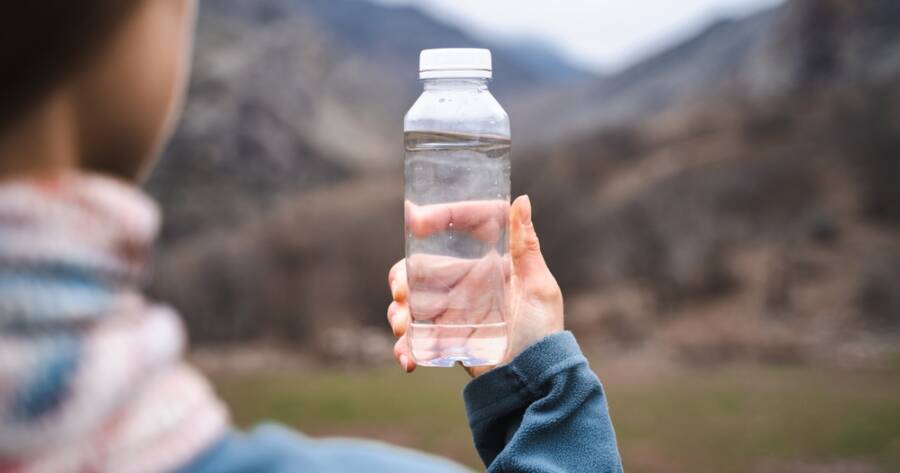Choosing the right bottled water involves more than just quenching thirst; it encompasses taste, packaging, and environmental concerns. Esteemed brands like Acqua Panna and Icelandic Glacial excel with refined flavors and chic, nature-inspired designs, while others like Dasani and Aquafina struggle with criticism despite broad availability. As sustainability becomes crucial, understanding these differences allows for informed decisions that align with personal preferences and values in hydration. Discover how these factors influence the bottled water market dynamics.
The Best Bottled Water Brands: A Comprehensive Guide
When it comes to selecting bottled water, many factors come into play. Experts often conduct extensive taste tests to determine which brands rise above the rest in terms of taste and packaging. Water brands like Acqua Panna, praised for its prestigious and refined qualities, offer consumers a high-quality and chic experience that is reminiscent of fine dining settings. This particular brand is often touted as a top choice due to its smooth, slightly sweet flavor, despite its premium price point suggesting that some consumers are willing to pay for superior quality.
Other brands such as Icelandic Glacial cater to those with a preference for alkaline water. It impresses with its striking iceberg-like packaging and boasts a pH of 8.4, facilitating a crisp, slate-like taste that enthusiasts of alkaline water enjoy. These packaging elements not only make the product more visually appealing but also influence the overall drinking experience by enhancing the perceived quality of the water inside by presenting itself as being straight from nature.
Why Some Bottled Water Brands Fall Short
Not all bottled water brands meet consumer expectations. Mainstream names like Dasani and Aquafina often receive criticism for their taste and scent, becoming the subject of candid observations regarding their appeal versus their cost as they are scrutinized for their product experience. Despite their widespread availability, many consumers find these brands lack the refined taste offered by premium waters like Smart Water, which is known for its soft and clean taste in addition to its aesthetically pleasing packaging which enhances the experience of hydration.
Conversely, brands like Arrowhead are praised for their economically viable offerings, as their clean and crisp quality mixed with mild minerality makes them an excellent choice for bulk purchases. This economic angle appeals to customers seeking a balance between affordability and quality while choosing to prioritize drinking plenty of water daily without breaking the bank.
Considerations for Selecting Bottled Water
When choosing bottled water, personal taste and packaging aesthetics matter significantly, as does considering the absence of additives. Experts suggest, such as Ashley Epperson from Salacious Drinks, that high-quality waters are often indicated by the absence of an ingredient list, implying the water is natural without added ingredients. This focus on purity is an essential factor for consumers looking for genuine hydration without unnecessary contents.
Furthermore, considerations around eco-friendliness are also paramount in today’s market, where consumers are becoming increasingly conscious of the environmental impact of single-use plastics. Brands focusing on sustainable practices and recyclable bottles further distinguish themselves in this competitive landscape.
Why You Should Learn More About Bottled Water Brands Today
In a world where convenience often takes precedence, understanding the differences in bottled water quality can significantly impact consumer choices. Whether prioritizing taste, comfort, style, or environmental sustainability, bottled water brands offer a vast array of options suited to diverse preferences and needs. Being informed about the best and worst bottled water brands allows consumers to make mindful choices regarding their hydration habits. By recognizing what sets certain waters apart in terms of taste, quality, and packaging, individuals can make informed decisions, ensuring that their bottled water choice aligns with personal values and consumption preferences.
